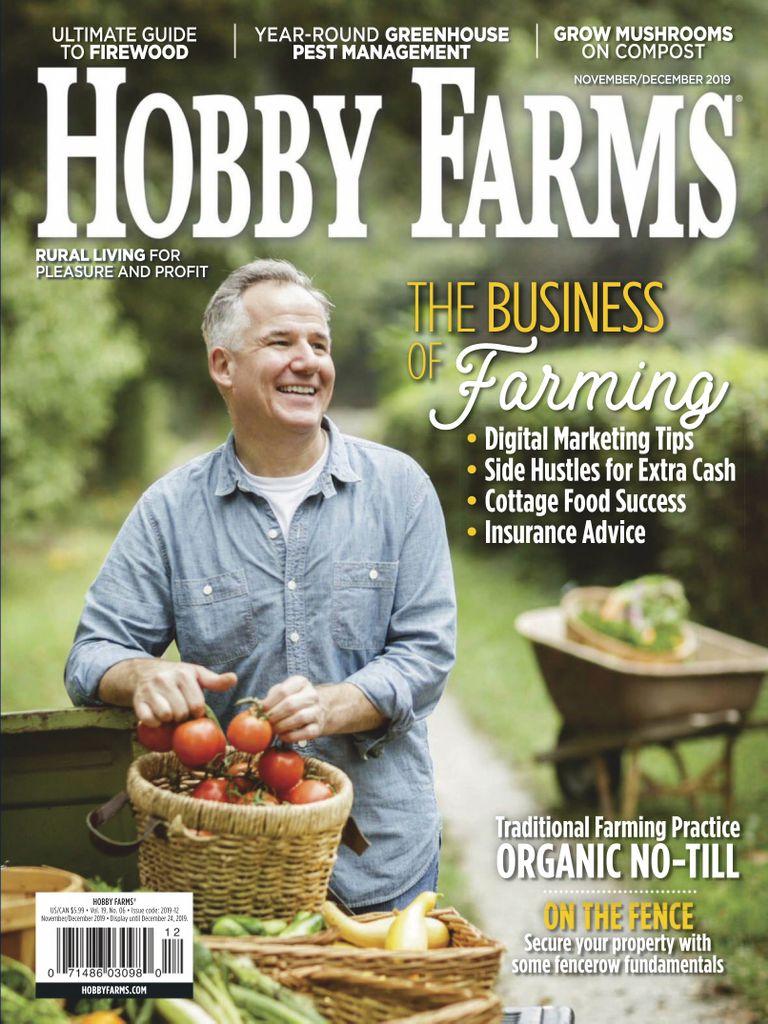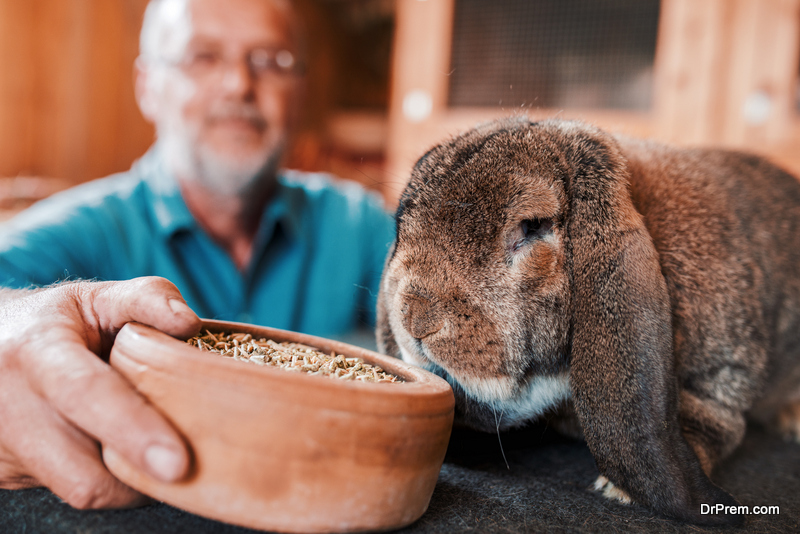
If you have less than 60 acres, a utility vehicle, or UTV, will often be adequate. It’s all possible with a compact tractor. Depending on the attachments you have, they can do any number of tasks: mow acres of lawn, dig a foundation, bale hay, push snow, set fence posts. Although we like to use our donkeys for packing firewood when time permits, winter often finds us (well, maybe I should say Ken) out with the ATV, equipped with a trailer, bringing in wood.Ĭompact tractors are versatile pieces of equipment that are perfect for small farms. An ATV, UTV or Compact Tractor ShutterstockĮven if you dream of working your land with animals, a tractor or farm utility vehicle (an ATV or UTV) is immeasurably practical. Goats, sheep and small pigs are also easily moved under the topper.Ģ. Among my favorites: the time we drove 30 large turkeys to the poultry processing plant, and the time we had half a dozen ducks and geese (and several big rabbits) hanging out in the back. We’ve gotten some entertaining looks at gas stations and other stops over the years when the topper held a small menagerie. Good used pickups can often be bought at a reasonable price.Īdd a basic topper to your pickup and you can haul items you need kept dry, use the truck for camping or haul small animals. Although a pickup is a big investment, when you take care of it (remember to change that oil every 3,500 miles) it can last for decades. Teamed with a trailer (see item 3), you can move livestock. These trucks are essential for hauling various things, including building supplies, feed, firewood and sod. A pickup could be the most versatile and useful long-term investment you can make for your farm. We quickly realized, however, that an SUV is not a pickup and cannot substitute for one. If you have recently made the transition to rural living or are considering doing so, here’s my list of essential tools and equipment that will help you get started.īefore we bought our indispensable pickup, we bought an old Chevy Blazer. For a tool or implement that will be used only a few times, consider renting it-or bartering for its use with a neighbor. Unless you are fabulously wealthy, you can quickly spend more than you can afford on items that don’t get used, occupy valuable storage space, get thrown away or sold at a garage sale for pennies on the dollar. Don’t make the mistake of buying every little thing you see. My dad (a guy who could build anything, from any kind of material-wood, concrete, metal) taught us to treat tools as an important investment, so I’ll offer up his advice: Take your time acquiring your tools and equipment get the best quality you can afford, and they will serve you for years. While we wouldn’t dream of returning to town life, over the years we have acquired a variety of tools and equipment that makes our life on the farm a whole lot easier, including essential tools I believe every small farm should have.

But when we moved to the country, we both drove cars that were quite unsuitable for our rutted, two-track driveway that was ¾ miles long, and our entire tool collection consisted of some random hand tools that fit in a plastic fishing tackle box.


We quickly acquired livestock and trying our hands at gardening. We rented a log house on 40 acres, with a sub-irrigated pasture. I first moved out of town in 1981 with my husband, Ken Woodard.


 0 kommentar(er)
0 kommentar(er)
